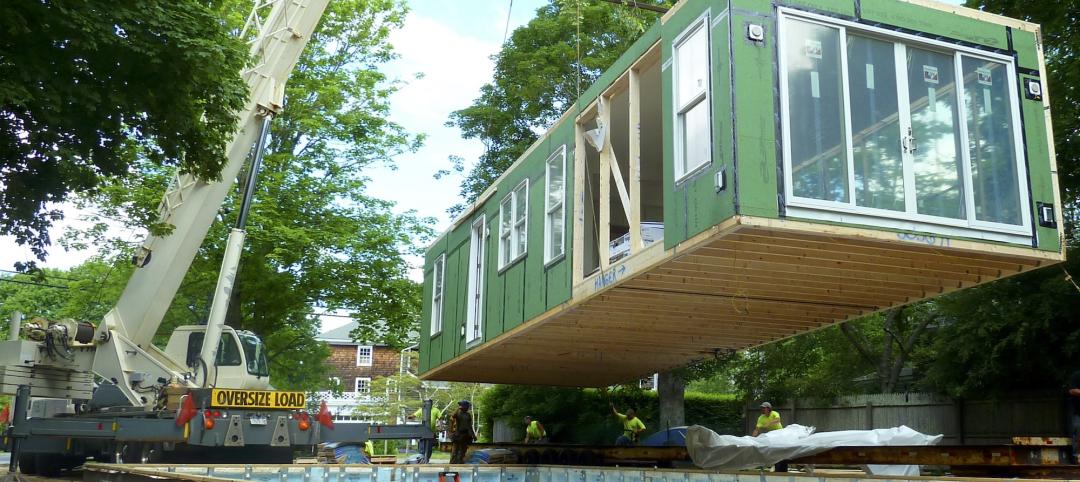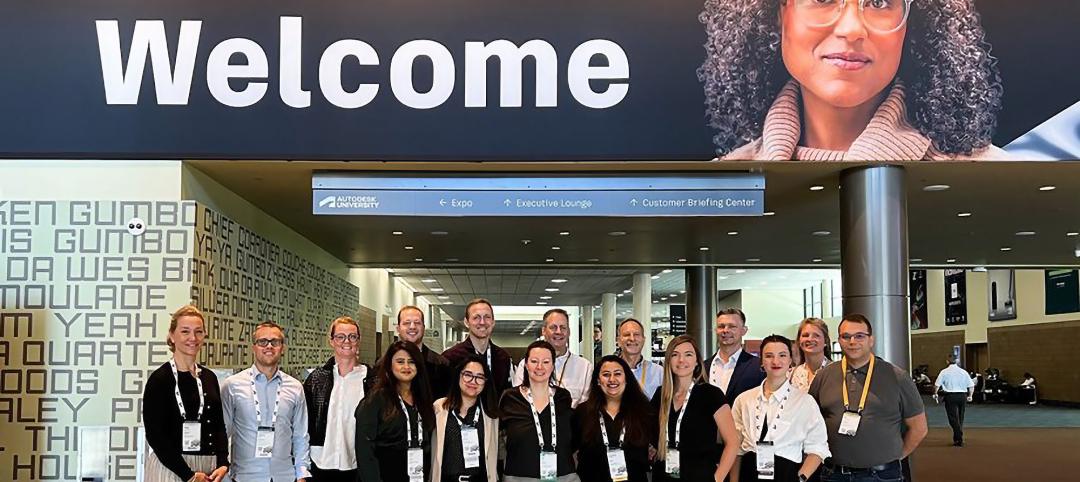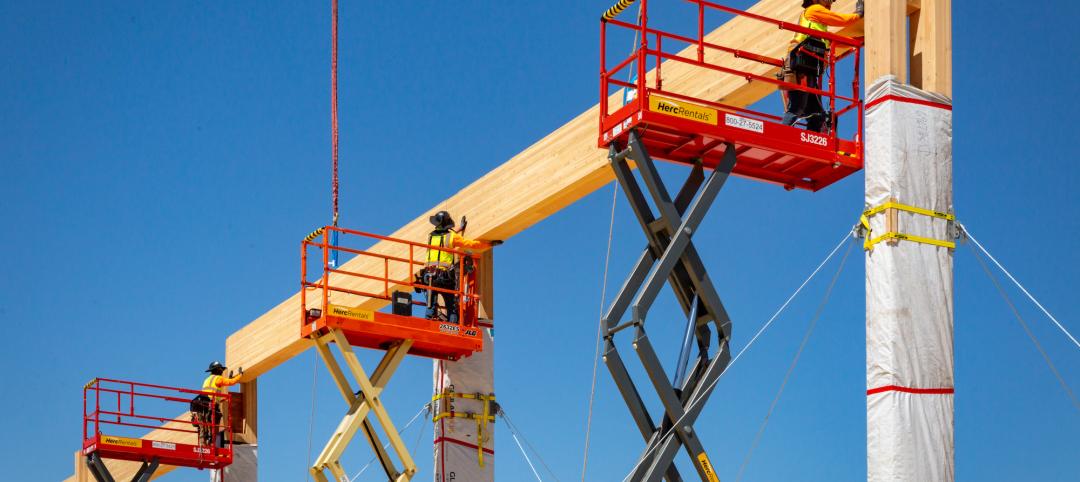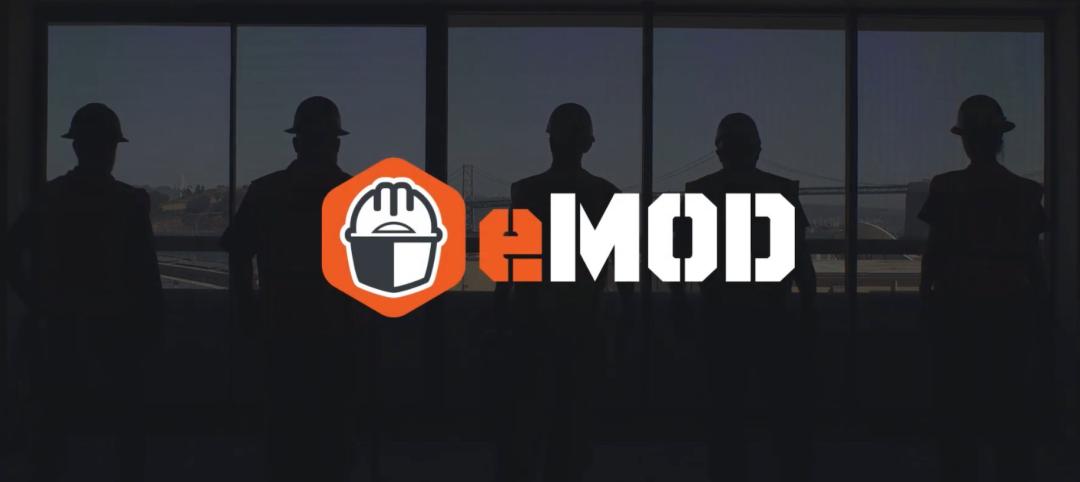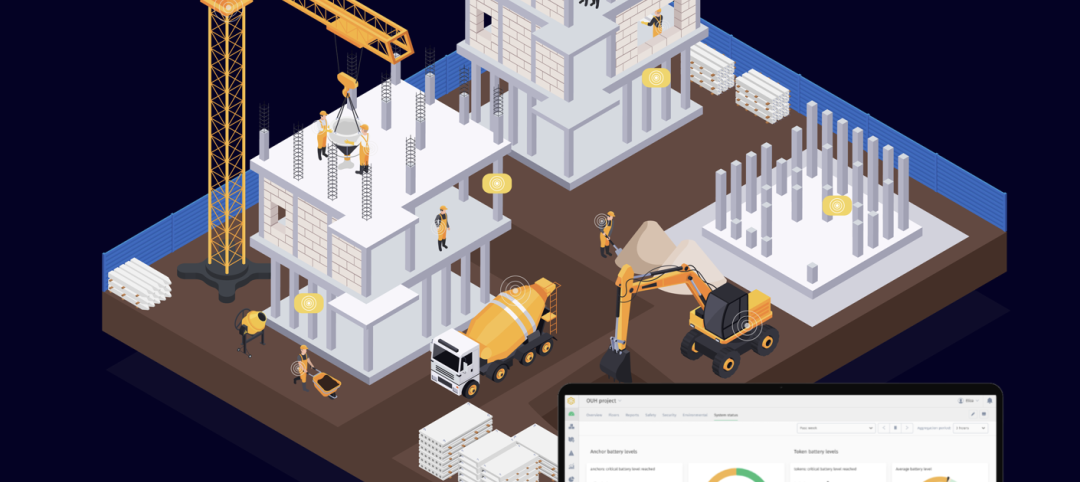When people talk about digital twin, it’s usually in the context of a single product or building. But Michael Jansen’s ambition is to digitally replicate the entire world, or at the very least every smart city.
Jansen is Chairman and CEO of Chicago-based Cityzenith, whose Smart World suite of 5D software platforms map and visualize data provided by metropolises to an intuitive real-time 3D simulation.
Cityzenith brought Smart World to market in 2009 and rolled out its latest version, Smart World Pro, last year. Users of the newer product can aggregate BIM, CAD, GIS tools, spreadsheets, documents, sensor feeds, and even social media posts, all of which can be dragged and dropped onto the platform.
Jansen describes Smart World Pro as “a design-to-demo digital twin,” whose features include an all-in-one dashboard, universal data importing, a natural language search, and a “Mapalyze” app suite of analytical tools that allows users to run project analysis “on the fly” and export and share results quickly. An application from Unity Technologies that powers the platform’s back end provides greater flexibility, says Jansen.
Smart World Pro pulls data from a variety of sources, including large building owners (one of the platform’s users is Cushman & Wakefield), large AEC firms, data streams from IoT sensors, and public information services for cities, counties, and states.
Cityzenith has amassed curated public and commercial data sets for “several thousand” cities, and fully loaded 3D models for “hundreds” in a dozen countries. Last December, the Indian state of Andhra Pradesh selected Smart World Pro as its 3D City Information Model for the development of Amaravati, a new $6.5 billion smart city capital that Foster + Partners and Surbana Jurong have designed.
“Amaravati will be born as a digital twin, the first entire city that I know of to do that in the world,” says Jansen.
Smart World Pro is also being used for Hinkley Point, a 3.2-gigawatt power plant that is the largest infrastructure project in the U.K.
Cityzenith takes what Jansen calls an “enterprise approach” to its pricing. First-time customers can get their foot in the door with a $20,000 package. Using the platform for projects costs between $30,000 and $75,000, and mapping metros can run into the hundreds of thousands of dollars.
The company has raised more than $10 million and is profitable to the point where currently it isn’t seeking investor capital. As for growth, Cityzenith has somewhere between 30 and 40 customers, but Jansen is thinking much bigger when he says his platforms target “everyone in the building industry” that manages assets.
“The problem that Smart World Pro solves is the complete lack of interoperability among tools,” says Jansen. “The industry needs a single pane of glass for all of the tools being aggregated.”
Related Stories
Multifamily Housing | Feb 3, 2023
HUD unveils report to help multifamily housing developers overcome barriers to offsite construction
The U.S. Department of Housing and Urban Development, in partnership with the National Institute of Building Sciences and MOD X, has released the Offsite Construction for Housing: Research Roadmap, a strategic report that presents the key knowledge gaps and research needs to overcome the barriers and challenges to offsite construction.
Healthcare Facilities | Jan 31, 2023
How to solve humidity issues in hospitals and healthcare facilities
Humidity control is one of the top mechanical issues healthcare clients face. SSR's Lee Nordholm, PE, LEED AP, offers tips for handling humidity issues in hospitals and healthcare facilities.
AEC Tech | Jan 27, 2023
Key takeaways from Autodesk University 2022
Autodesk laid out its long-term vision to drive digital collaboration through cloud-based solutions and emphasized the importance of connecting people, processes and data.
Mass Timber | Jan 27, 2023
How to set up your next mass timber construction project for success
XL Construction co-founder Dave Beck shares important preconstruction steps for designing and building mass timber buildings.
AEC Tech Innovation | Jan 24, 2023
ConTech investment weathered last year’s shaky economy
Investment in construction technology (ConTech) hit $5.38 billion last year (less than a 1% falloff compared to 2021) from 228 deals, according to CEMEX Ventures’ estimates. The firm announced its top 50 construction technology startups of 2023.
Concrete | Jan 24, 2023
Researchers investigate ancient Roman concrete to make durable, lower carbon mortar
Researchers have turned to an ancient Roman concrete recipe to develop more durable concrete that lasts for centuries and can potentially reduce the carbon impact of the built environment.
AEC Tech | Jan 19, 2023
Data-informed design, with Josh Fritz of LEO A DALY
Joshua Fritz, Leo A Daly's first Data Scientist, discusses how information analysis can improve building project outcomes.
AEC Tech Innovation | Jan 14, 2023
CES recognizes a Dutch firm’s wearable technology for construction management
The firm’s TokenMe product offers construction managers a real-time crowd- and asset-tracking solution via low-power, location-aware radio and RFID tags and multiple sensors through which data are processed with cloud-based artificial intelligence.
Sustainability | Jan 9, 2023
Innovative solutions emerge to address New York’s new greenhouse gas law
New York City’s Local Law 97, an ambitious climate plan that includes fines for owners of large buildings that don’t significantly reduce carbon emissions, has spawned innovations to address the law’s provisions.
Cladding and Facade Systems | Dec 20, 2022
Acoustic design considerations at the building envelope
Acentech's Ben Markham identifies the primary concerns with acoustic performance at the building envelope and offers proven solutions for mitigating acoustic issues.



